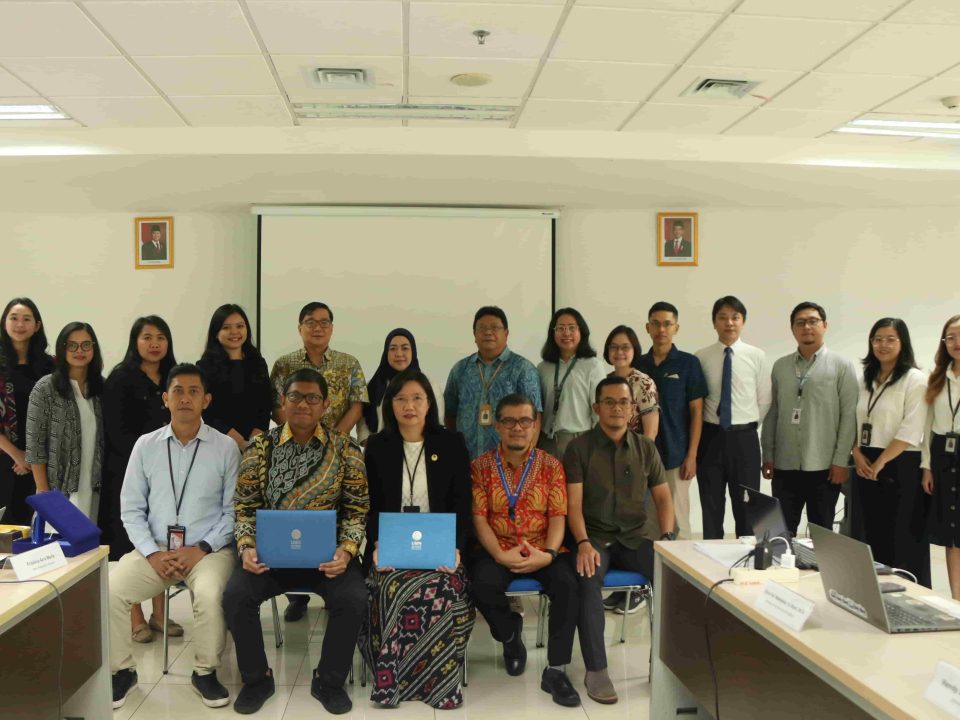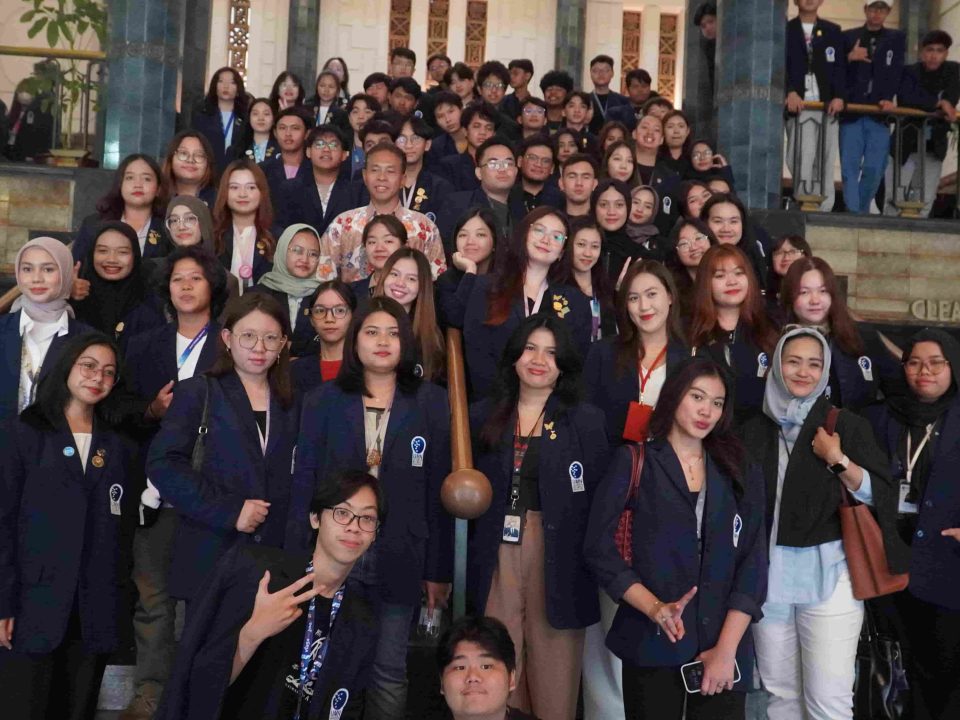
6 Tips to Prepare for Hybrid College
August 7, 2023
5 AI Apps that Can Help You with Your Difficulties!
August 7, 2023
What is a hybrid lecture, and how it differs from an online lecture? Photo by tirachardz on Freepik
Since the pandemic began, everyone, including students and the campus, has been required to adapt to many new things. One of them is the form of lectures. Hybrid lectures and online lectures are often the options used by campuses to carry out teaching and learning activities.
Then, what exactly is a hybrid lecture? Why is this type of lecture considered possible during the pandemic and even post-pandemic? Is it different from online lectures? Find all the answers in this article!
What is a Hybrid Lecture?
Hybrid lectures are a lecture method that combines the concept of online lectures with face-to-face learning. That way, there are times when lectures are conducted remotely, and there are also times when students come to class and learn face-to-face with lecturers.
The government recommends the hybrid lecture method more because they consider the distance learning system less effective. Finally, through the Ministry of Education and Culture, the government proposes combining face-to-face and distance learning systems into one.
Also read: Hybrid College in Tangerang.
Why Choose Hybrid Lectures?
Although relatively new in Indonesia, the hybrid learning system is commonly implemented in several other countries. For example, Finland has the best education system in the world regarding hybrid learning.
Besides being considered more effective than relying on online lectures alone, hybrid lectures have several other plus points. Some of these reasons are as follows:
1. Helps create social interaction
Yesterday’s pandemic made all social interactions limited and even cut off. Fellow students and lecturers can only greet and discuss online. This lack of direct communication and interaction has a negative impact on students. Finally, they are more prone to stress.
With hybrid lectures, at least social interaction among students is open again.
2. Helps the process of understanding the material
One of the challenges during online lectures is an unstable internet connection and the risk of errors on the device used during lectures, thus hampering lectures. These problems make it more difficult for students to understand the lecture materials.
With the application of hybrid lectures, it is hoped that understanding the material will be maximized. Students can listen to the lecturer’s presentation directly and ask if they do not understand the material presented. Students can also directly discuss with lecturers and classmates.
3. Refresh the learning process
The beginning of the Covid-19 pandemic, which forced the learning process to be carried out online, bored students and lecturers as the delivery of much of the lecture material was not maximized. The lack of direct interaction also makes the learning process feel boring.
By incorporating offline lectures, meeting lecturers and classmates again makes learning more exciting and fun. With the return of enthusiasm for gaining knowledge after studying hybrid, it is hoped that the absorption of learning material will be better.
4. Improving students’ skills
One of the things hybrid lectures are expected to provide compared to online lectures is improving student abilities. The skills in question include the ability to receive lecture material and the ability to socialize.
With face-to-face lectures, students can interact with other students and learn to get to know the many characters of people and how to get along in an organization.
In addition, when in class, students can also deal directly with the lecturer. This is very different from listening to a lecturer in front of a computer screen.
Private universities that implement hybrid lectures
For many universities abroad, hybrid lectures are no longer a novelty. Some had even implemented it before the pandemic existed. In Indonesia, this only started after the pandemic and after feeling that the distance learning lecture system was less effective.
However, with the proposal from the government through the Ministry of Education and Culture, many state and private universities have implemented a hybrid lecture system. One of them is the best private campus in Tangerang, Multimedia Nusantara University.
In the application of hybrid college, UMN implements hybrid learning and blended learning. Thus, UMN students can come to campus according to the rules and schedules. In addition, students are also allowed to conduct thesis and final project activities on campus. To support this, UMN has also installed adequate supporting facilities.
“UMN has prepared classrooms and laboratories that will be used for hybrid lectures by installing additional devices, namely cameras and microphones connected to the internet, so that students who take online lectures can still follow the lecturer teaching from the classroom. Vice versa, students who are in the classroom can see their friends who are studying online,” said Vice-Rector for General Administration and Finance Ir. Andrey Andoko, M.Sc.
Also read: Hybrid Lectures, The Advantages and Disadvantages.
Hopefully, with this information about hybrid lectures and how they differ from online lectures, you will be more convinced to join UMN, an A-accredited private campus. Supported by qualified facilities and qualified teaching staff, your lectures are guaranteed to be more enjoyable at UMN! So, what are you waiting for? Register yourself here now!
Sources:
- Deepublish
- Duniadosen.com
- Official website UMN
English translation by Levina Chrestella Theodora
Kuliah di Jakarta untuk jurusan program studi Informatika| Sistem Informasi | Teknik Komputer | Teknik Elektro | Teknik Fisika | Akuntansi | Manajemen| Komunikasi Strategis | Jurnalistik | Desain Komunikasi Visual | Film dan Animasi | Arsitektur | D3 Perhotelan , di Universitas Multimedia Nusantara. www.umn.ac.id





